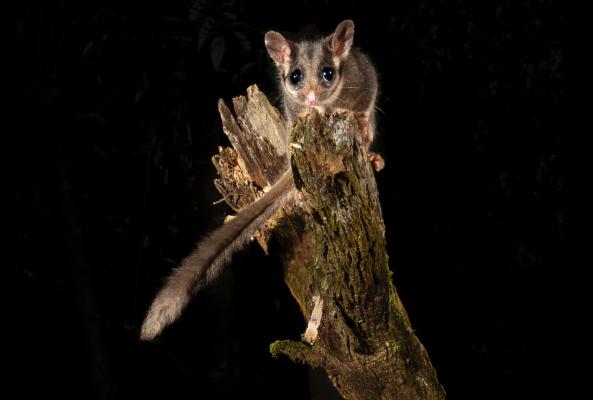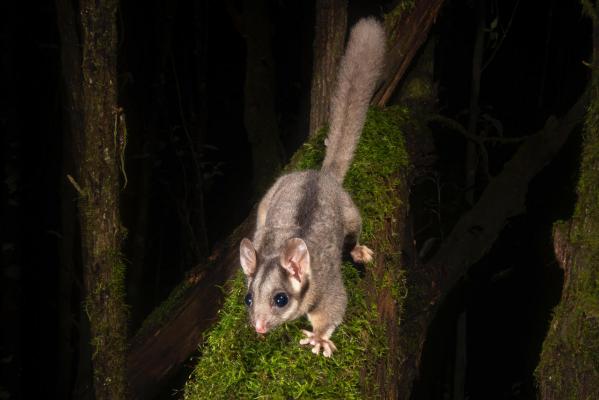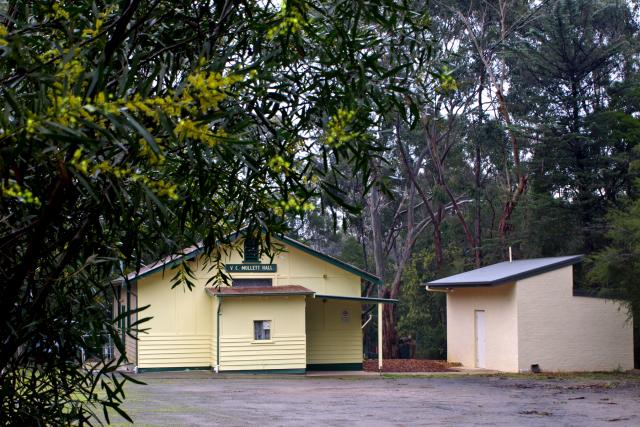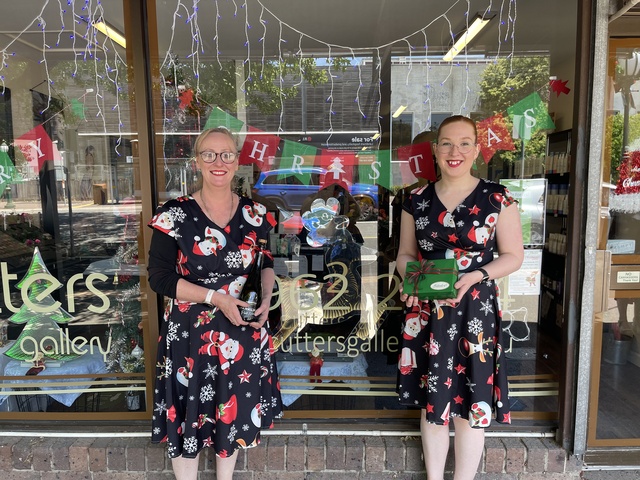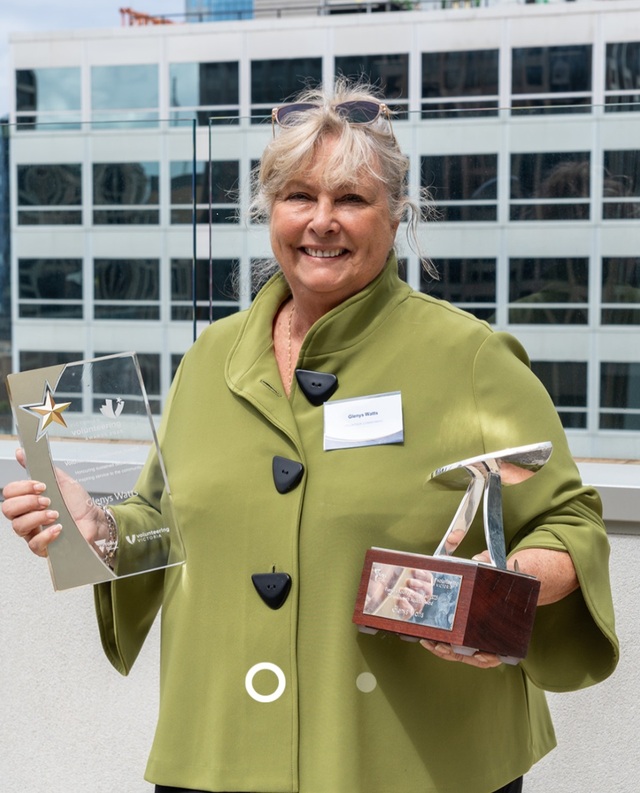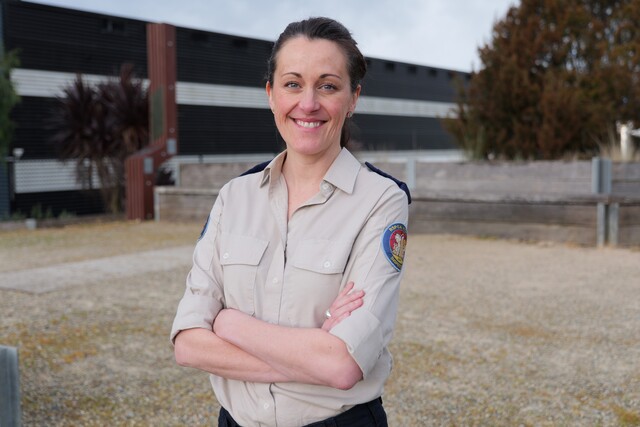The Friends of the Leadbeater’s Possum group has called on the Federal Environment Minister to release a recovery plan to help save the endangered species.
The open letter addressed to Minister Sussan Ley asked for the immediate release of the plan, to urgently reconvene a recovery team and provide appropriate funding ‘to protect the unique species and reverse its decline.’
In 2015 the Leadbeater’s Possum was uplisted as critically endangered, which is the last step before a species is named ‘extinct in the wild’ however, the plan to save it hasn’t been updated since the 90s.
The Group questioned why it’s taking several years to release the revised recovery plan after the draft was issued five years ago.
Friends of Leadbeater’s Possum President Steve Meacher said Minister Ley formally acknowledged it’s critically endangered status in 2019.
“There should be no need to do a major revision of the draft that was prepared in 2016. So the question is why two years after Minister Ley confirmed the status as critically endangered, has it still not been released?”
A Federal Government spokesperson said it’s working with the State on the plan.
“The complexity of the draft recovery plan means it needs to be finalised with a range of stakeholders and the Department continues to work with the Victorian Government to finalise the Recovery Plan,” they said.
The species has been on an up hill battle since the early 1900s and was classified as extinct in 1960 before it was found again in the wild in 1961 near Marysville.
The Leadbeater lives in regrowth forests, feeding on young wattle and nesting in large hollows, areas that have been affected by logging.
The group believes a recovery team dedicated to its survival will work on highlighting the need for old growth logging to stop earlier than 2030 in Victoria.
“We understand the recovery plan does include some important statements relating to the reduction of the threats to Leadbeater’s Possum, particularly in terms of destruction of its habitat, which is the logging that’s happening in the mountain ash forests in the Central Highlands of Victoria,” Mr Meacher said.
“If we allow them to log out the last of the 1939 regrowth trees, that will mean all of that group of forests has been lost and Leadbeater’s Possum will either have become extinct by then or it will be on an unrecoverable path to extinction.”
Although a Federal Government spokesperson said a recovery team is a matter for the State Government.
“Recovery teams are a way to achieve collaboration and coordination in threatened species management however, they are not necessarily just a commonwealth led arrangement,” they said.
“Given the management of Leadbeater is the responsibility of the Victorian Government under the Regional Forest Agreements (RFAs), a recovery team or other governance system is a matter for the Victorian Government.”
The Group hopes urgency will be placed on saving the species and its habitat, connecting it with reducing carbon emissions and protecting water supplies, as the Mountain Ash forests supports most of Victoria’s water supplies for both Melbourne’s drinking water and food production in Northern Victoria.
“South of the Great Divide, which is where these forests are based, there are several areas that were set aside as early as the 1890s to provide drinking water for the City of Melbourne,” Mr Meacher said.
“And north of the divide, the water runs into the Goulburn Murray system and supports the irrigated farming of Northern Victoria.
“So anybody who drinks water in Melbourne has within their own bodies at this moment a direct interest in protecting these forests.”
A Federal Government spokesperson said the Leadbeater’s Possum is protected by a comprehensive Conservation Advice established in 2019.
“Under RFA, conservation advices and recovery plans are defined as Statutory Conservation Planning Documents and are given equal standing to guide management and recovery of threatened species, and Forestry operations undertaken in RFA’s must be conducted in line with conservation advice,” they said.

